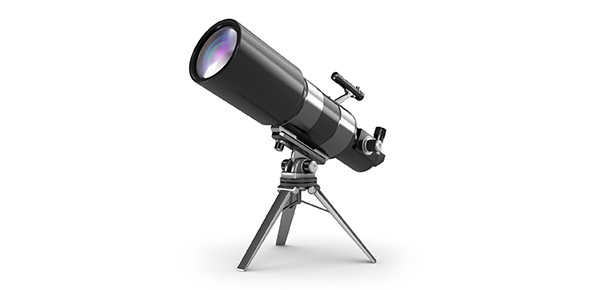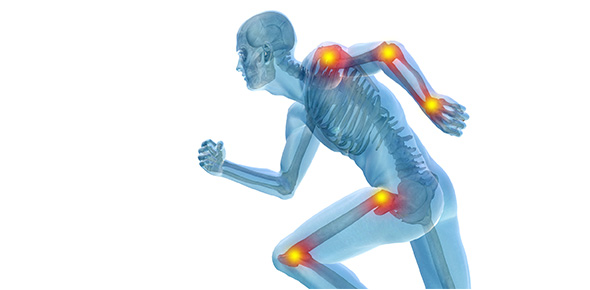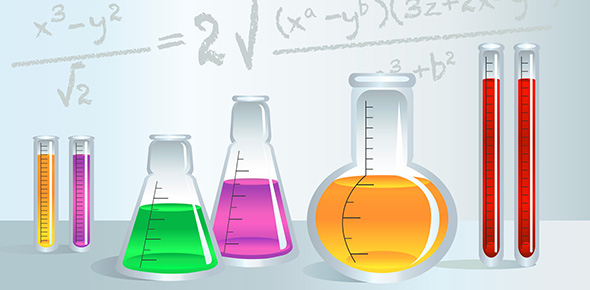Related Flashcards
Related Topics
Cards In This Set
| Front | Back |
|
Sensation
|
The process of recessing stimulus energies from the environment
|
|
Perception
|
The brain's process of organizing and interpreting sensory information to give it meaning
|
|
Bottom-Up Processing
|
Processing that begins with sensory receptors registering environmental information and sending it to the brain for analysis and interpretation
|
|
Top-Down Processing
|
Processing of perceptual information that starts out with cognitive processing at the higher levels of the brain
|
|
Sensory Receptors
|
Specialized cells that detect stimulus information and transmit it to sensory (afferent) nerves and the brain
|
|
Psychophysics
|
The field that studies links between the physical properties of stimulus and a person's experience of them
|
|
Absolute Threshold
|
The minimum amount of stimulus energy that a person can detect
|
|
Difference Threshold
|
The smallest difference in stimulation required to discriminate one stimulus from another 50% of the time; also called just noticeable difference;
|
|
Weber's Law
|
The principle that two stimuli must differ by a constant minimum percentage (rather than a constant amount) to be perceived as different
|
|
Signal Detection Theory
|
The theory about perception that focuses on decision making about stimuli in the presence of uncertainty; detection depends on a variety of factors besides the physical intensity of the stimulus and the sensory abilities of the observer
|
|
Sensory Adaptation
|
A change in the responsiveness of the sensory system based on the average level of surrounding stimulation
|







